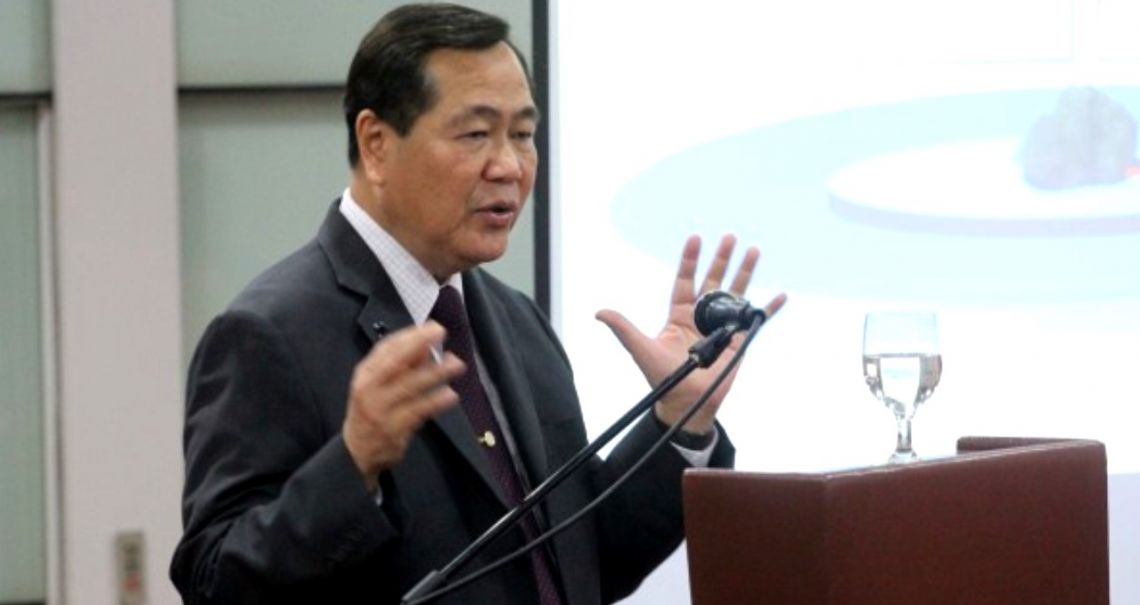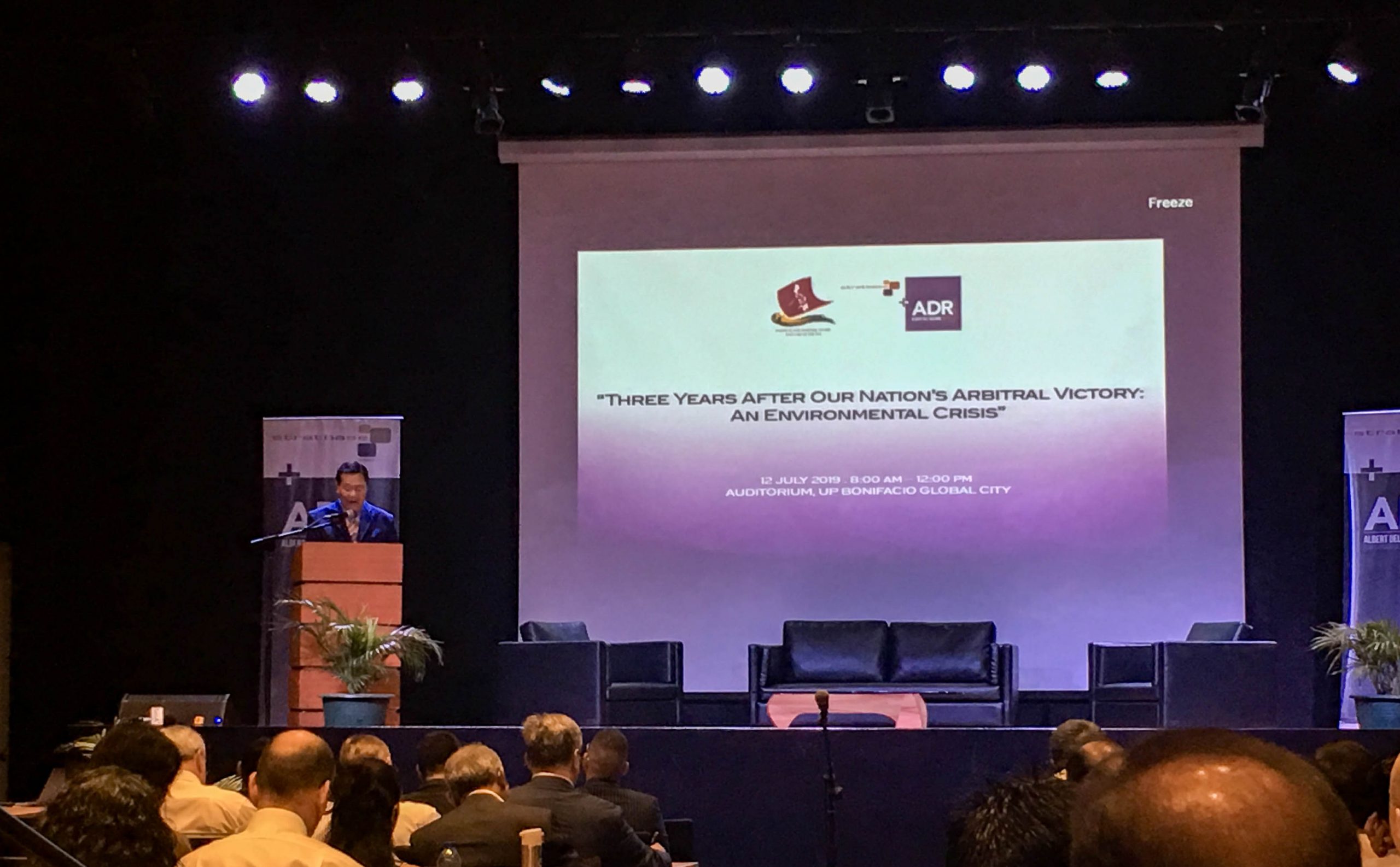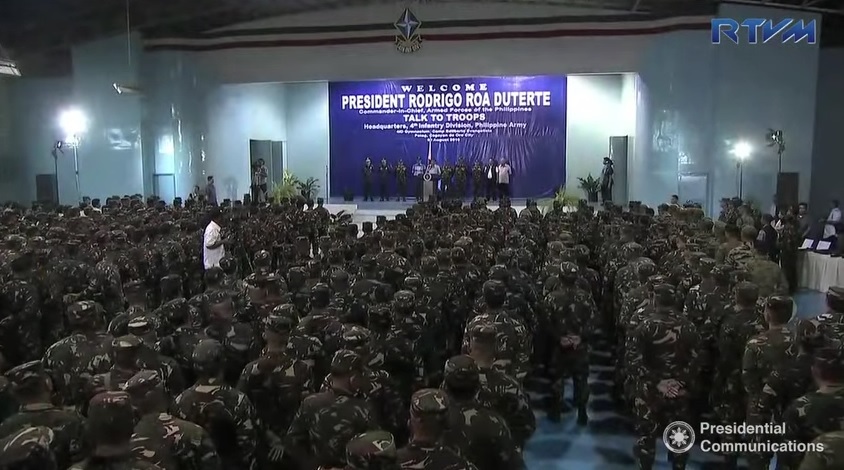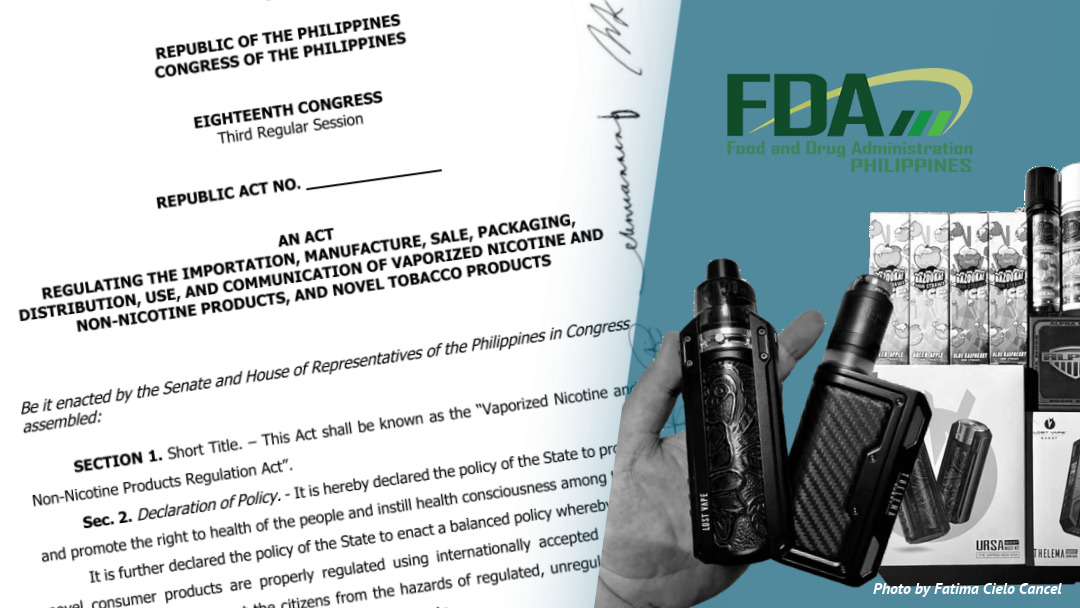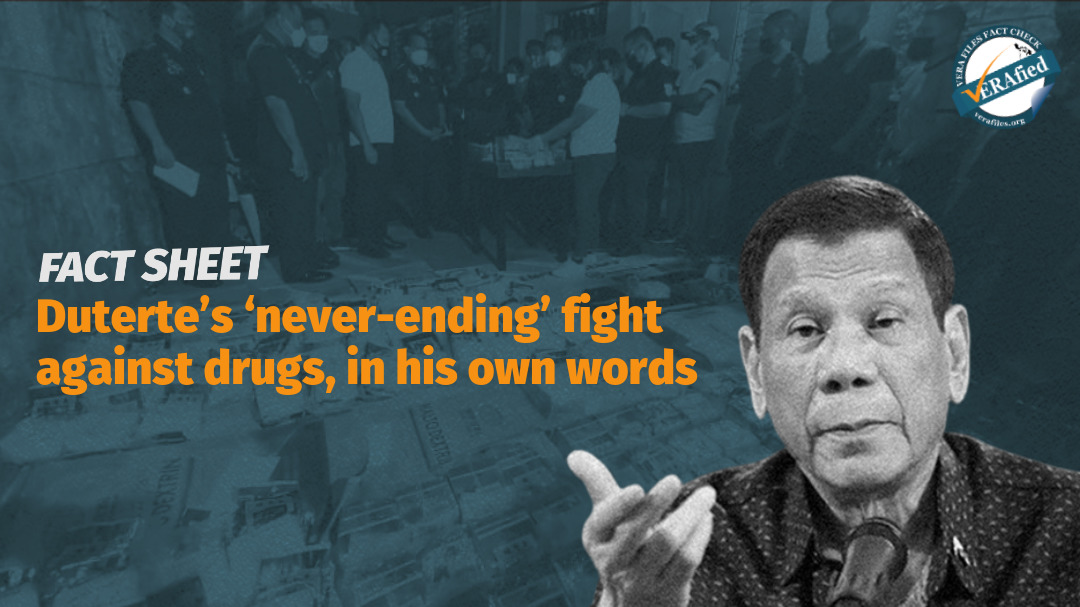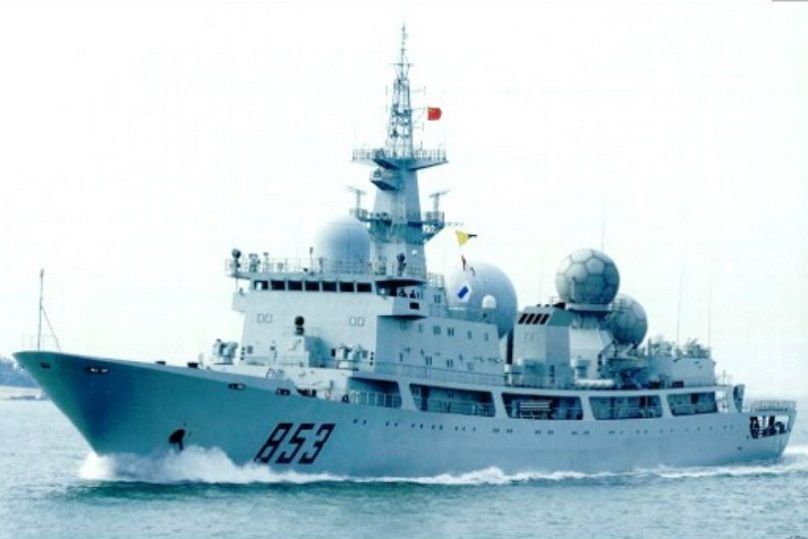
A Chinese ship passing through Philippine waters first week of August 2019. Photo by Armed Forces of the Philippines Western Mindanao Command.
Following reports by the military two weeks ago about five Chinese warships passing through Philippine waters, President Duterte last Tuesday issued a statement requiring all foreign vessels to notify Philippine authorities and to get clearance ahead of their passage.
Presidential Spokesman Salvador Panelo’s statement:
“To avoid misunderstanding in the future, the President is putting on notice that beginning today, all foreign vessels passing our territorial waters must notify and get clearance from the proper government authority well in advance of the actual passage. Either we get a compliance in a friendly manner or we enforce it in an unfriendly manner.”
This is another example of Duterte’s idiotic way of handling foreign relations especially concerning the conflict with China in the West Philippine Sea.
Maybe Duterte and his advisers want to show the public that he is standing up to China. He is instead showing his ignorance.

Senior Associate Justice Antonio T. Carpio
Senior Associate Justice Antonio T. Carpio said Duterte’s statement “is full of good intentions but unfortunately it is not in accordance with UNCLOS.
He said” Under UNCLOS, the coastal state cannot require foreign merchant or military vessels to secure prior permission or give prior notification when they exercise innocent passage through the territorial sea or archipelagic waters.”
What the Philippine government should do, Carpio said, “is to pass the Archipelagic Sea Lanes Passage bill so the President can designate the sea lanes where foreign merchant ships and warships could pass.The law can require foreign ships exercising the right to archipelagic sea lane passage to turn on their Automatic Identification System (AIS) and for submarines to surface and show their flag. The bill has been pending in Congress for several years now. The President should certify it as an urgent measure.
In the Senate, the Philippine Archipelagic Sea Lanes Act was filed by Sen. Antonio Trillanes IV during the 17th Congress. In the House, s similar bill was filed in March 2015 by Representatives Al Francis C. Bichara, Francisco Ashley L. Acedillo, Rodolfo G. Biazon, Jose F. Zubiri III and Rufus B. Rodriguez.
Carpio said government actions should be UNCLOS-compliant “because we rely on UNCLOS for the protection of our maritime zones. We should be the first to comply with UNCLOS.
For us to be able to assert our rights, it is important that we, especially members of media who write about the issue, understand the maritime zones.
Carpio explained what we can exercise in the different maritime zones:
- We have sovereignty over our territorial sea, which extends 12nm from our archipelagic baselines.
- We have exclusive sovereign rights over the natural natural resources in the water column and seabed of our EEZ (beyond 12nm up to 200nm from our baselines). We also have exclusive jurisdiction to put up artificial structures in our EEZ.
- We have exclusive sovereign rights to the natural resources in the seabed of our extended continental shelf (beyond our EEZ up to 350 from our baselines). We also have exclusive jurisdiction to put up artificial structures in our extended continental shelf.
Additional reading: Section 3 of UNCLOS under the heading “Innocent Passage in the Territorial Sea” states, “… ships of all States, whether coastal or land-locked, enjoy the right of innocent passage through the territorial sea.”
UNCLOS defined Passage as “navigation through the territorial sea for the purpose of: (a) traversing that sea without entering internal waters or calling at a roadstead or port facility outside internal waters; or (b) proceeding to or from internal waters or a call at such roadstead or port facility.”
The UNCLOS also said “Passage shall be continuous and expeditious.”
However, it allows “stopping and anchoring, but only in so far as the same are incidental to ordinary navigation or are rendered necessary by force majeure or distress or for the purpose of rendering assistance to persons, ships or aircraft in danger or distress.”
UNCLOS also said “Passage is innocent so long as it is not prejudicial to the peace, good order or security of the coastal State. Such passage shall take place in conformity with this Convention and with other rules of international law.”
UNCLOS enumerates specific instances when passage is not considered innocent.
